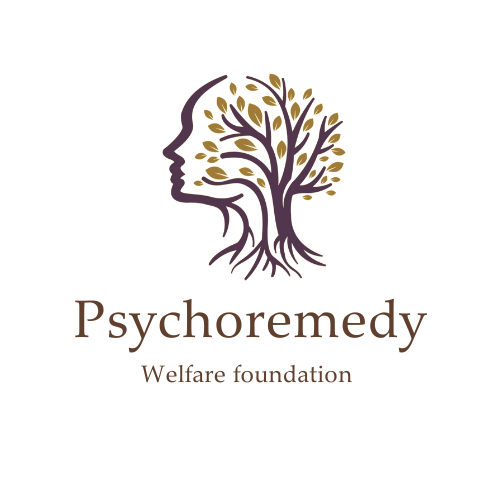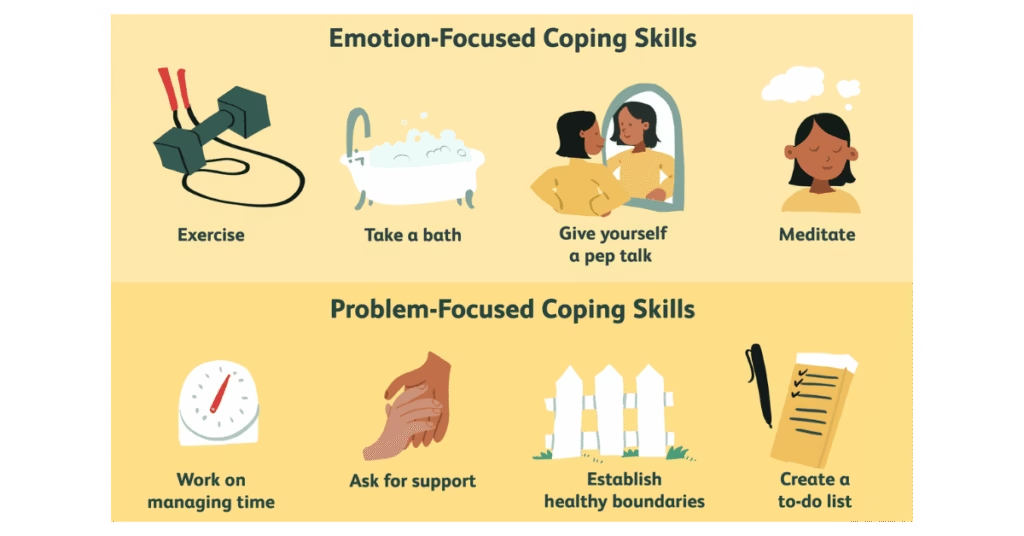Introduction: A Generation Under Pressure
Gen Z mental health is the quiet headline behind countless late-night scrolls and early-morning alarms.
Picture this: A 20-year-old university student in Toronto studies for an exam while working part-time to cover rent. Notifications from Instagram and TikTok keep popping up — friends are vacationing, influencers are succeeding, and celebrities are announcing new ventures. She feels a pang of inadequacy: “I’ll never catch up.”
This inner dialogue is not uncommon. Across continents, young adults in their teens and twenties are echoing the same sentiment: overwhelmed, exhausted, and disconnected.
This is Generation Z — born between 1997 and 2012. They are digital natives, socially conscious, and outspoken about mental health. Yet paradoxically, they are also experiencing the highest rates of psychological distress in modern history.

The Scope of the Crisis: A Global Overview
The statistics reveal a concerning trend:
-
46% of Gen Z worldwide report being formally diagnosed with a mental health condition, with anxiety and depression leading the list (World Economic Forum, 2025).
-
In the United States, 63% of Gen Z say their mental health has been “less than good” in the past month (VeryWellMind, 2025).
-
In India and Pakistan, WHO reports show surging rates of exam-related anxiety and career stress among adolescents.
-
In Europe, surveys highlight loneliness as a leading factor, worsened by the pandemic and economic instability.
As a psychologist, these figures tell me this is not just a cluster of individual problems — it’s a generational mental health crisis shaped by technology, society, and global instability.
Attachment Styles Decoded: 4 Types & Proven, Calm, Secure Love
Gen Z Mental Health Challenges: The Big Four

1.: The Background Noise of Gen Z’s Life
For many Gen Z individuals, anxiety is not occasional — it is their default state.
-
Constant exposure to world news — climate disasters, wars, financial crises — creates a sense of danger.
-
Academic competition and fear of failure amplify performance anxiety.
-
Physical symptoms like racing heartbeats, sweating, and insomnia are commonly reported in therapy sessions.
Storytelling Insight: One client told me, “It feels like I’m always waiting for something to go wrong — even on good days.” This chronic anxiety reflects a generational environment of uncertainty and hyper-awareness.
2. Depression: The Silent Weight
Depression among Gen Z is increasing, with symptoms manifesting earlier than in previous generations.
-
Prolonged sadness, loss of interest in hobbies, and emotional numbness are reported at alarming levels.
-
The “highlight reel effect” of social media worsens self-comparison, leaving many with feelings of inadequacy.
-
During the pandemic, Gen Z faced historic isolation during critical years of social development.
Clinically, this often translates into emotional withdrawal, academic decline, and thoughts of hopelessness.
3. Burnout Before Adulthood
Traditionally, burnout was reserved for midlife professionals. For Gen Z, it’s arriving in high school and college.
-
Balancing school, part-time jobs, family expectations, and side hustles has created exhaustion.
-
The gig economy glorifies “hustle culture,” leaving Gen Z burnt out before they begin their careers.
-
TikTok trends like “quiet quitting” and “bare minimum Mondays” are cultural responses to chronic overwork.
As psychologists, we see this as emotional exhaustion, depersonalization, and reduced sense of accomplishment — all classic burnout markers.
4. Social Media Pressure: A Digital Paradox
Gen Z lives online. For them, digital identity is as real as physical presence.
-
Social media provides communities for LGBTQ+ youth, minorities, and those with mental illness.
-
But it also exposes them to cyberbullying, online harassment, body image pressures, and doomscrolling.
-
The dopamine “reward cycle” of likes and comments mirrors addictive behaviour.
Case Example: A 17-year-old described refreshing her posts repeatedly: “If I don’t get 100 likes, I feel like I don’t exist.” This illustrates how validation-seeking online fuels anxiety and depression.
5. Identity and Belonging: Navigating Complexity
Gen Z is pioneering openness about gender, sexuality, race, and neurodiversity. While this is powerful, it also brings challenges:
-
Facing discrimination, backlash, or misunderstanding creates chronic stress.
-
Traditional community anchors (religion, family, institutions) are weakening, leaving gaps in belonging.
-
Many young people are searching for safe spaces — online or offline — to express identity without fear.
This struggle for authenticity versus acceptance is a major psychological tension.
6. Loneliness: The Hidden Epidemic
Despite constant online connection, Gen Z reports the highest levels of loneliness compared to older generations.
-
Fewer face-to-face interactions, smaller social networks, and transient online friendships contribute to this.
-
Loneliness has direct links to depression, anxiety, and even physical health problems.
In therapy, loneliness is often described as “being surrounded by people but still feeling invisible.”
The Silver Lining: Resilience and Innovation
Gen Z is not only struggling; they are also leading change.
-
Breaking Stigma: Unlike older generations, they normalize talking about therapy, medication, and vulnerability.
-
Peer-to-Peer Healing: Online platforms are filled with Gen Z mental health advocates sharing coping strategies.
-
Workplace Expectations: They demand flexible work, mental health days, and supportive environments.
-
Creativity as Therapy: From digital art to humor-driven memes, Gen Z uses creativity as a resilience tool.
This shows us that resilience is not the absence of struggle, but the ability to transform struggle into advocacy and growth.
(BetterHelp | Professional Therapy With A Licensed Therapist)
https://share.google/Z6R54C8gwE4IkYJhH
How We Can Support Gen Z Mental Health

-
Accessible Therapy: Expand online counseling to reduce cost and stigma.
-
Mental Health Education: Incorporate resilience skills into school curricula.
-
Healthy Digital Use: Teach balanced screen habits and digital detox strategies.
-
Inclusive Spaces: Support diverse identities in schools, workplaces, and communities.
-
Preventive Care: Promote mindfulness, journaling, exercise, and peer support before crises escalate.
Conclusion: Listening to Gen Z’s Call for Change
So, what mental health challenges does Gen Z face? They grapple with anxiety, depression, burnout, loneliness, social media pressures, and identity struggles. But they also offer society a blueprint for change: openness, resilience, and advocacy.
Gen Z is not simply asking for empathy — they are demanding systemic action: affordable therapy, inclusive spaces, and recognition of mental health as a global priority.
As a psychologist, I see this generation not as fragile, but as a mirror — reflecting the urgent need for us all to rethink how we care for the mind.
Their struggles are real. But so is their strength. And that strength may be exactly what redefines the future of mental health worldwide.
https://www.weforum.org/stories/2025/06/gen-z-mental-health-and-other-health-stories/
AUTHOR: Dr. Sadia Habib
Reviewed: Pakistan Psychology Today, Psychoremedy


